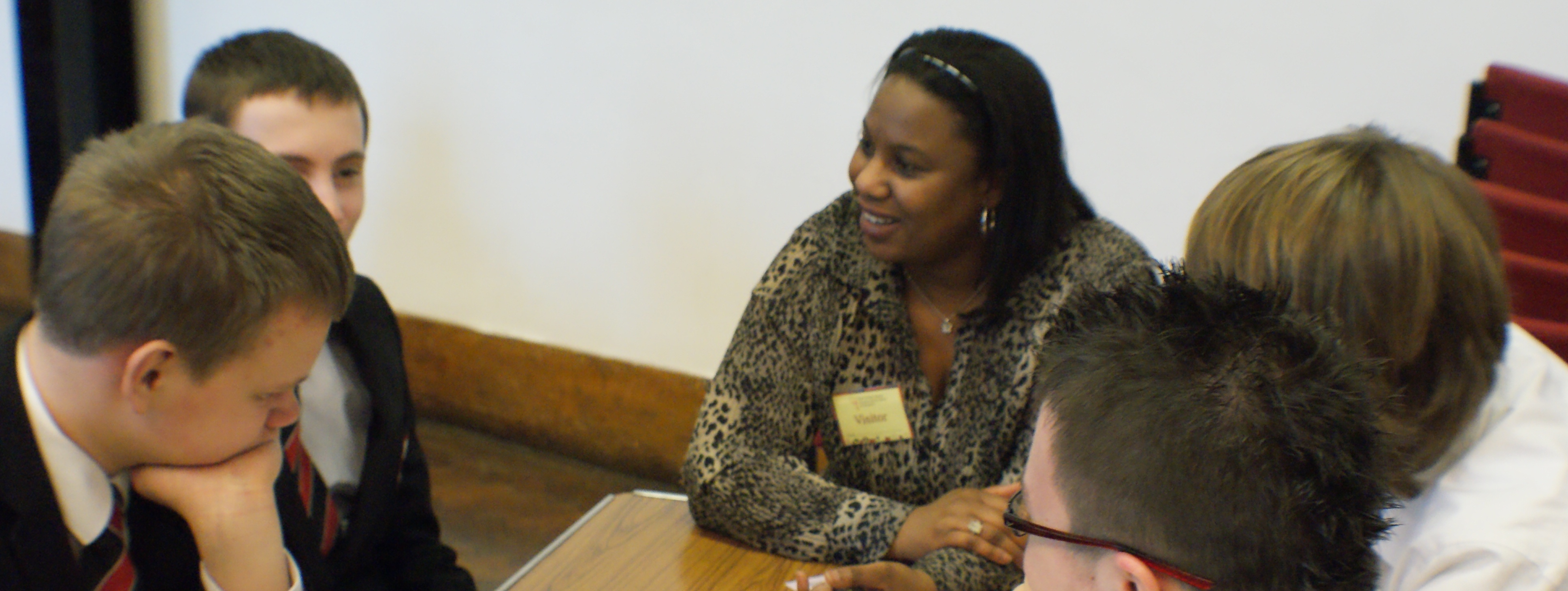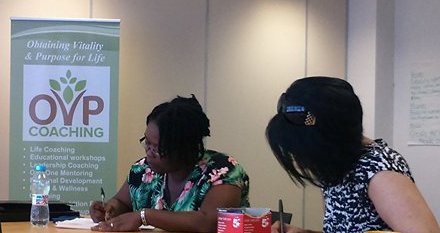If you are giving your child a weekly allowance, you may want to ask them ‘What are you spending your money on?’
Most children in the UK are given some form of an allowance. Some are handed money on a weekly basis and others will complete chores or additional duties around the home in order to earn their money. Whatever way you decided to add to your child’s piggy-bank, the question you should be asking yourself is, what are they learning about finance?
Finance is a subject that formal education is still trying to catch up with. Despite the many incentives for banks and financial institutions to liaise with schools, past efforts have not been overly successful. The offer of workshops and targeted lessons, although useful, still leaves students lacking knowledge in the financial world.
A new TV show is attempting to close the gap. The BBC program entitled Pocket Money Pitch airs at 5:30 on CBBC and is presented by Steph McGovern. Steph says “Business leaders regularly complain that young people don’t leave school with the right skills…Encouraging young people to believe in themselves and be entrepreneurs makes the connection between school and the world of work, teaching them about practical thinking, team work, communication and financial literacy. This is vital if we are to fill the skills gap and get the economy moving more”
The show, Pocket Money Pitch, gives youngsters the chance to experience what it is like to be an entrepreneur. The eight to fourteen year olds, present to a panel of ‘Dragons Den‘ style judges and pitch their products and ideas. In some cases, with the help of mentors, they have the opportunity to turn their pocket money into over a year’s pocket money.
The main lessons learned from participating and watching this series is that youngster’s gain some understanding of what it’s like to set up a business, work in partnerships, give business presentations and invest in themselves. This will surely stand them in good stead later in life.
With the number of university students on the increase and the majority of them leaving formal education in debt, the need for entrepreneurialism is a much needed skill. It takes the average student 30 years to clear their debts according to the Sutton Trust. Despite the fact that a lot of students had part time jobs during their study and vacation time, most will not be able to pay off their loans and will perhaps have their debt written off when they are well into their 50’s.
If these students had a way of creating an income without having to give up any of their study time or perhaps had a way of bringing in a consistent residual income there would be a decrease in the number of university drop-outs, an increase in the number of younger home owners and less need to depend on government handouts.
No matter your outlook on if or how much pocket money your child should receive, you cannot deny that financial education is a crucial skill that should be taught early on in order for them to make better choices later on in life.
Book your FREE consultation today and find out how OVP Coaching can help you and your child understand the world of finance, start your own business and start earning additional income.













